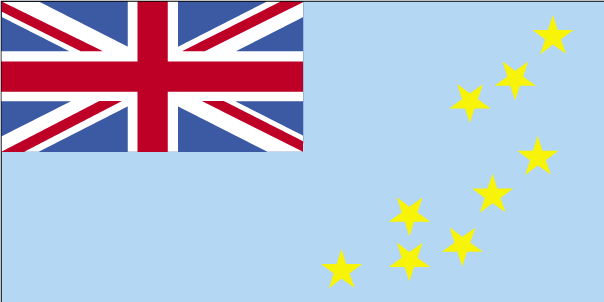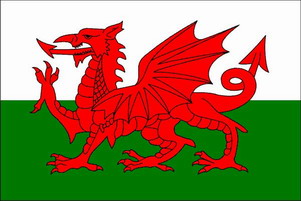Login form
Regional customs and habits
Customs of Tuvalu
Marriage and Family
 Mothers are very protective of daughters because virginity is highly prized in a bride. Some weddings are quietly arranged several years in advance by the families involved; otherwise, couples make their own choice.
Mothers are very protective of daughters because virginity is highly prized in a bride. Some weddings are quietly arranged several years in advance by the families involved; otherwise, couples make their own choice.
The traditional competitiveness between the bride’s and groom’s families to provide the best and most food at a wedding feast is discouraged on some islands, either by prior agreement between the families about their respective responsibilities, or by a pastor sponsoring a group wedding of several couples and a combined feast afterwards. Celebrations can last for days. The newlyweds spend their first night at the groom’s family home and their second at the bride’s family home.
Customs of Ukraine
 Marriage and Family
Marriage and Family
Young couples usually marry in their early twenties. A marriage is legal only if performed in a “
Customs of Venezuela
 Eating
Eating
Much of the Venezuelan diet consists of hot foods, casseroles, meat pies, stews, and pasta dishes. Rice is common, and maize is the basis of many dishes, including the arepa, a soft pancake wrapped around soft cheese, and empanadas, which are pies filled with cheese, meat, or fish. Punta-trasera is a tender steak dish. Pabellón criollo is made of black beans, rice, shredded meat, and plantains. In most cities, open markets provide a large variety of tropical fruits and fresh vegetables. Hot chocolate is almost as popular as coffee.
Customs of Uruguay
Marriage and Family
 Traditionally, a man must seek a woman’s parents’ approval before getting engaged. Both families play a large role in preparing for the wedding, and the two families often associate closely after their children are married. The marriage reception usually includes a formal, catered party from which the couple generally leaves early.
Traditionally, a man must seek a woman’s parents’ approval before getting engaged. Both families play a large role in preparing for the wedding, and the two families often associate closely after their children are married. The marriage reception usually includes a formal, catered party from which the couple generally leaves early.
Although extended families do not live together, they play an important role in the social lives of Uruguayans. The father is considered the head of the family and rarely does any household work. Many women work or study outside the home. The average family has two children. Most families rent rather than own their house or apartment.
Customs of Wales
Marriage and Family
 In the past, a young man would signal his interest in a woman by carving a 'love spoon' for her, in anticipation of courtship. Today these elaborate love spoons are found in craft shops throughout
In the past, a young man would signal his interest in a woman by carving a 'love spoon' for her, in anticipation of courtship. Today these elaborate love spoons are found in craft shops throughout
Traditionally, Welsh families have been close, with many of the extended family living nearby and grandparents sometimes living in the same house. The nominal head of the household is the father, but the mother plays an equally important role in family affairs.
